TROPICAMIDE - OPHTHALMIC
PHONETIC PRONUNCIATION: (tro-PICK-uh-mide)
COMMON BRAND NAME(S): Mydriacyl
GENERIC NAME(S): tropicamide
Uses
USES: This medication is used to widen (dilate) the pupil of the eye in preparation for certain eye examinations. It belongs to a class of drugs known as anticholinergics. Tropicamide works by relaxing certain eye muscles.
How to use TROPICAMIDE - OPHTHALMIC
HOW TO USE: To apply eye drops, wash your hands first. To avoid contamination, do not touch the dropper tip or let it touch your eye or any other surface. If you are wearing contact lenses, remove them before using this medication. Ask your doctor when you may replace your contact lenses. Tilt your head back, look upward, and pull down the lower eyelid to make a pouch. Hold the dropper directly over your eye and place 1 or 2 drops into the pouch, usually 15 to 20 minutes before an eye examination or as directed by your doctor. Look downward and gently close your eyes for 1 to 2 minutes. Place one finger at the corner of your eye (near the nose) and apply gentle pressure for 2 to 3 minutes. This will prevent the medication from draining out and being absorbed by your body. Try not to blink and do not rub your eye. Repeat these steps for your other eye if so directed. Do not rinse the dropper. Replace the dropper cap after each use. If you are using another kind of eye medication (e.g., drops or ointments), wait at least 5 to 10 minutes before applying other medications. Use eye drops before eye ointments to allow the drops to enter the eye. Wash your hands after using this medication. If giving this medication to a child, do not let the medication get into the child's mouth. Also wash the child's hands after giving this medication.
Side Effects
Precautions
Interactions
Overdose
Images
Reviews
Disclaimer
IMPORTANT: HOW TO USE THIS INFORMATION: This is a summary and does NOT have all possible information about this product. This information does not assure that this product is safe, effective, or appropriate for you. This information is not individual medical advice and does not substitute for the advice of your health care professional. Always ask your health care professional for complete information about this product and your specific health needs.
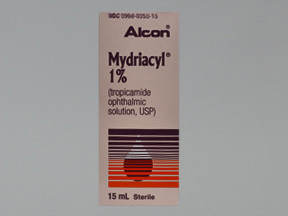
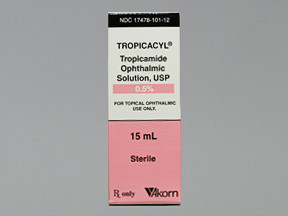
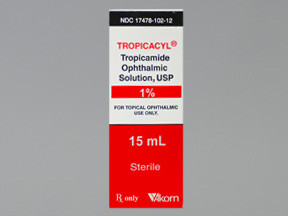
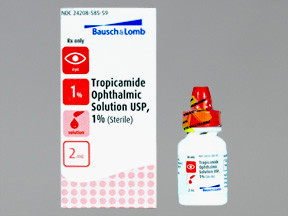
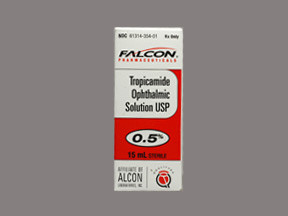
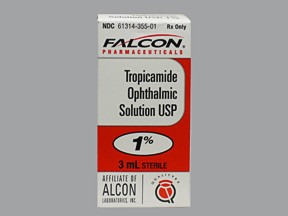
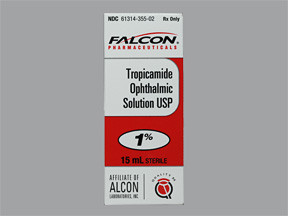
No Reviews Yet